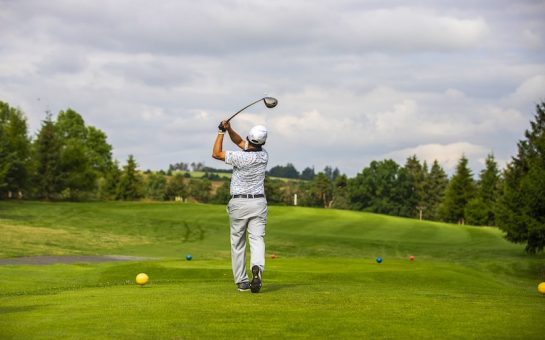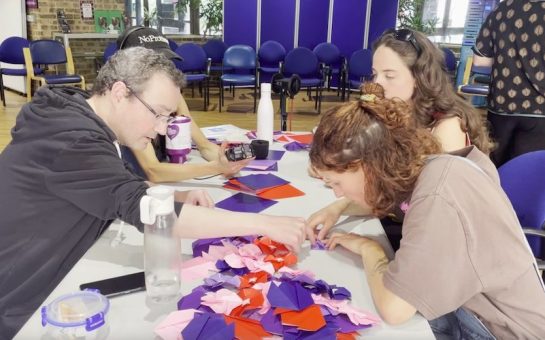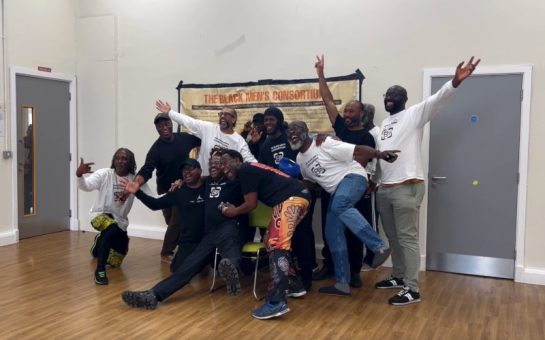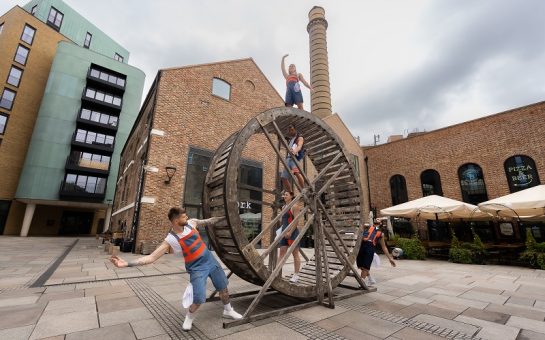By Suzie Tombs
August 14 2020, 15.26
Follow @SW_Londoner
Young carers are embracing the positive impact of creative activities designed to combat increasing levels of loneliness, anxiety, and depression.
Arts charities have teamed up with community partners to continue reaching the UK’s vulnerable young carers by delivering adapted and newly created projects during the pandemic.
There are an estimated one million young carers in the UK, and lockdown restrictions have increased the challenges of their demanding caring roles.
A survey by Carers Trust of nearly a thousand unpaid young carers in the UK found that 40% of young carers aged 12 to 17 and 59% of young adult carers aged 18 to 25 said their mental health had worsened since the pandemic.
Many said their caring responsibilities had increased by 30 hours or more per week, and each group reported a lack in support and increased isolation.
Only 3% of young carers and 2% of young adult carers said they had received support from a paid care worker at home. Meanwhile, 69% of both groups said they felt less connected to others than before the pandemic, which had dramatically impacted their wellbeing.
Carers Trust CEO and former young carer Gareth Howells has urged the government to invest in the social care system to support the UK’s young carers struggling to balance caring responsibilities, education, and time for themselves.
Mr Howells said: “This is the first snapshot of how Coronavirus is affecting hundreds of thousands of young people with caring responsibilities across the UK. And the results are truly shocking. They cannot, and must not, be ignored.
“Coronavirus, and our findings of its impact, have brought into sharper focus still the unacceptable pressures young carers are under and the effect this is having on their wellbeing and life chances.”
Young adult carer Courtney, 19, spoke to Channel 5 News about the challenges that she and other young carers have faced during lockdown.
“I’ve got no time for me. I’ve got no time for a break.”
— Carers Trust (@CarersTrust) July 9, 2020
Courtney is 19 and a young adult #carer for her mum and nan. Hear Courtney talk about her lockdown experience 👇 pic.twitter.com/KQgQDHk3xB
Award-winning UK charity Create is one of several organisations that delivers creative arts projects to young carers and other disadvantaged groups throughout England and Wales.
Founding chief executive Nicky Goulder said: “This important research by Carers Trust demonstrates the urgent need for high quality programmes to connect, empower and upskill young carers who are particularly vulnerable. Creativity can provide them with a vital lifeline: a chance to express themselves, build skills, enhance self-esteem, and aid wellbeing.”
Collaborating with various community partners, Create has adapted its creative projects to provide online interactive workshops in lockdown, called Create Live!. This work will be extended further with an Arts Council England emergency response grant, alongside other funders.
“We researched, piloted and launched our digital delivery in just 14 days, and we’ve now rolled out photography, music, art, drama, and dance projects to hundreds of young carers,” Ms Goulder said.
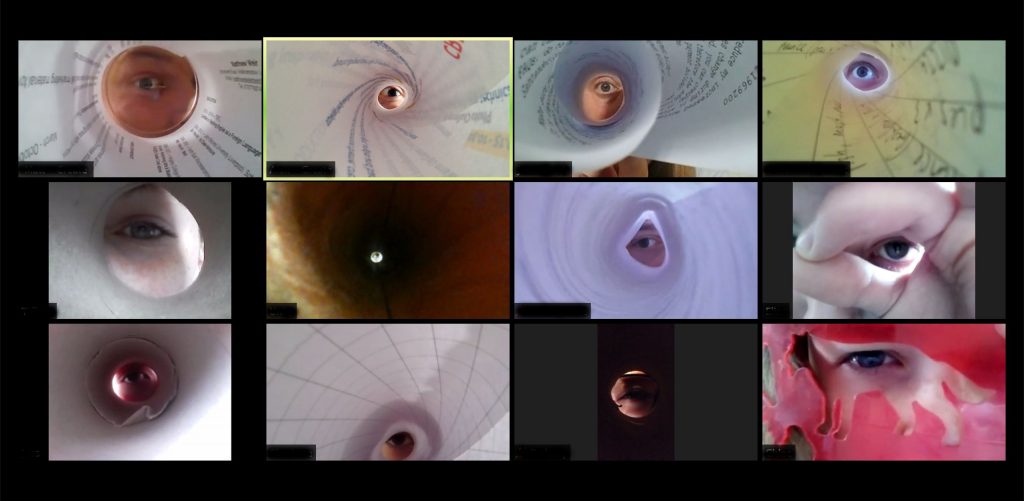
Credit: Create
“Feedback from participants, parents, community partners and artists has highlighted how important creativity is proving for wellbeing in the pandemic.
“Importantly, 83% of young carers said our Create Live! projects enhanced their wellbeing and 87% said they improved their social interaction,” she added.
Frank, 12, has been caring for his mother who has osteoporosis and sleep apnoea since he was eight. He participated in a three-day music workshop with other young carers.
He said: “We’ve been having fun and learning how to play instruments. It has probably been the highlight of my quarantine.
“I enjoyed meeting new people. In quarantine, I don’t normally get to see my friends. Just seeing other people and knowing they’re all other young carers made me feel like it’s not just me.”
Credit: Create
Credit: Create
Professional musician and Create artist Mike Poyser who has led some of Create’s music workshops said: “The first thing we discovered is that young people are totally chilled about the idea of working online.
“We also realised that even though we were still in our own houses the combination of Zoom and some music instantly removed the isolation we probably all feel.”
“We played musical games, hunted our houses for instruments to play – pasta to shake, combs as a guiro, pots and pans to bash, books to slap together, then started to play around with rhythms on these repurposed instruments. Once we had some cool patterns, we took recordings of these samples.
Credit: Create
Another group of young carers participated in the ITV Creates 2020 series, where community groups reinterpret the ITV logo.
The young carers from Hillingdon, Kingston and Lambeth explored their identities, hobbies, and interests with Create artist Amy Leung to create a logo reflecting the importance of collaboration, creativity, and well-being.
These projects featured in the latest report by the Culture, Health and Wellbeing Alliance (CHWA), which brings together people and organisations supporting health and wellbeing through the arts and culture.
The report highlights the work of cultural and creative organisations and individuals since lockdown, and includes case studies from almost 50 organisations delivering creative projects to the UK’s most at risk communities shielding or vulnerable at home.
CHWA director Victoria Hume said: “There’s a huge issue with young carers in this country and the lack of support, particularly for unpaid carers, is not acknowledged enough in public discourse.
“We reached out to a huge network of regional and national champions around the country to find examples of creative projects reaching vulnerable communities. Among the groups receiving greatest support through these case studies are unpaid carers, people with ongoing mental health needs, and vulnerable young people.
“What’s most striking about these projects, and the reason they worked, is that 92% were in partnership with the health services, local authorities, and the voluntary and community sector, so they could actually reach the right people.”
50 amazing case studies on how creativity & culture has been supporting people shielding or vulnerable at homehttps://t.co/GAJLgLWMcZ@ward_esme @deborahmunt1 @ThanhSinden @HighStreetBen @welshrosie
— Culture, Health & Wellbeing Alliance (@CHWAlliance) July 27, 2020
The effects of lockdown on young carers are part of a wider problem affecting young people in general.
The Covid-19 Social Study by University College London is the UK’s largest study on the psychological and social impact of the pandemic. Based on responses from more than 70,000 adults across the UK, the data shows that younger adults have been worse affected psychologically across every single measure of mental health.
However, the research also showed that the arts and creativity can provide substantial protection for mental health and wellbeing, helping to reduce anxiety and depression.
Daisy Fancourt, UCL associate professor of psychobiology and epidemiology, leading the study said: “We know that in normal times the arts can be good for mental health, and the data suggests that in lockdown this is very much bearing out week on week.
“We know there are people at the moment who need support to be able to cope with what’s happening. We also know that many people have not been able to access the mental health support they normally would, so it’s even more important than ever that we’re able to provide things to help people and the arts could provide important mental health support.”
These findings were shared at the All-Party Parliamentary Group on Arts, Health and Wellbeing (APPGAHW) webinar to discuss: ‘How can the arts and creativity support people who are shielding and vulnerable during Covid-19?’
Participate in the Covid-19 Social Study.
Please RT
— Suzie Tombs (@Stombsie) August 4, 2020
22% of adults are engaging more in the arts since lockdown, shared @Daisy_Fancourt #CovidSocialStudy #APPGAHW #MentalHealthAndWellbeing
Have you engaged in more or less #Creativity? What activities have you enjoyed the most?
Please vote and comment below:
Featured image by Create showing photographs taken by young carers from Kingston.
